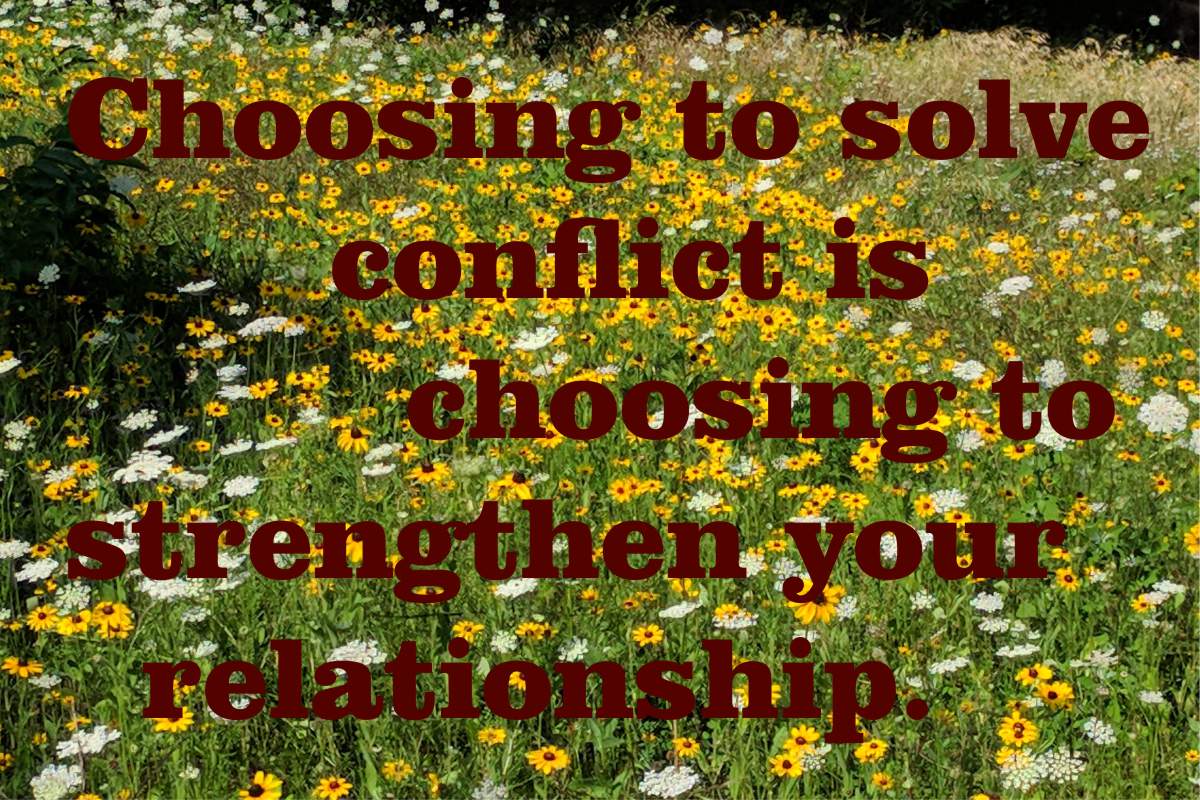










Popular Articles
Crazy-Makers: Dealing with Passive-Aggressive People
Why Are People Mean? Don't Take It Personally!
Struggling to Forgive: An Inability to Grieve
The Secret of Happiness: Let It Find You (But Make the Effort)
20 Steps to Better Self-Esteem
7 Rules and 8 Methods for Responding to Passive-aggressive People
What to Do When Your Jealousy Threatens to Destroy Your Marriage
Guide to How to Set Achieveable Goals
Catastrophe? Or Inconvenience?
Popular Audios
Audio Version of Article: Crazy-Makers: Passive-Aggressive People
Audio Version of Article: Why Are People Mean? Don't Take It Personally!
Kindle Books by
Dr. Monica Frank
Analyzing Your Moods, Symptoms, and Events with Excel At Life's Mood Log
Why You Get Anxious When You Don't Want To
Why People Feel Grief at the Loss of an Abusive Spouse or Parent
“Are You Depressed?”: Understanding Diagnosis and Treatment
15 Coping Statements for Panic and Anxiety
Beyond Tolerating Emotions: Becoming Comfortable with Discomfort
Emotion Training: What is it and How Does it Work?
How You Can Be More Resistant to Workplace Bullying
Are You Passive Aggressive and Want to Change?
When Your Loved One Refuses Help
Building Blocks Emotion Training














